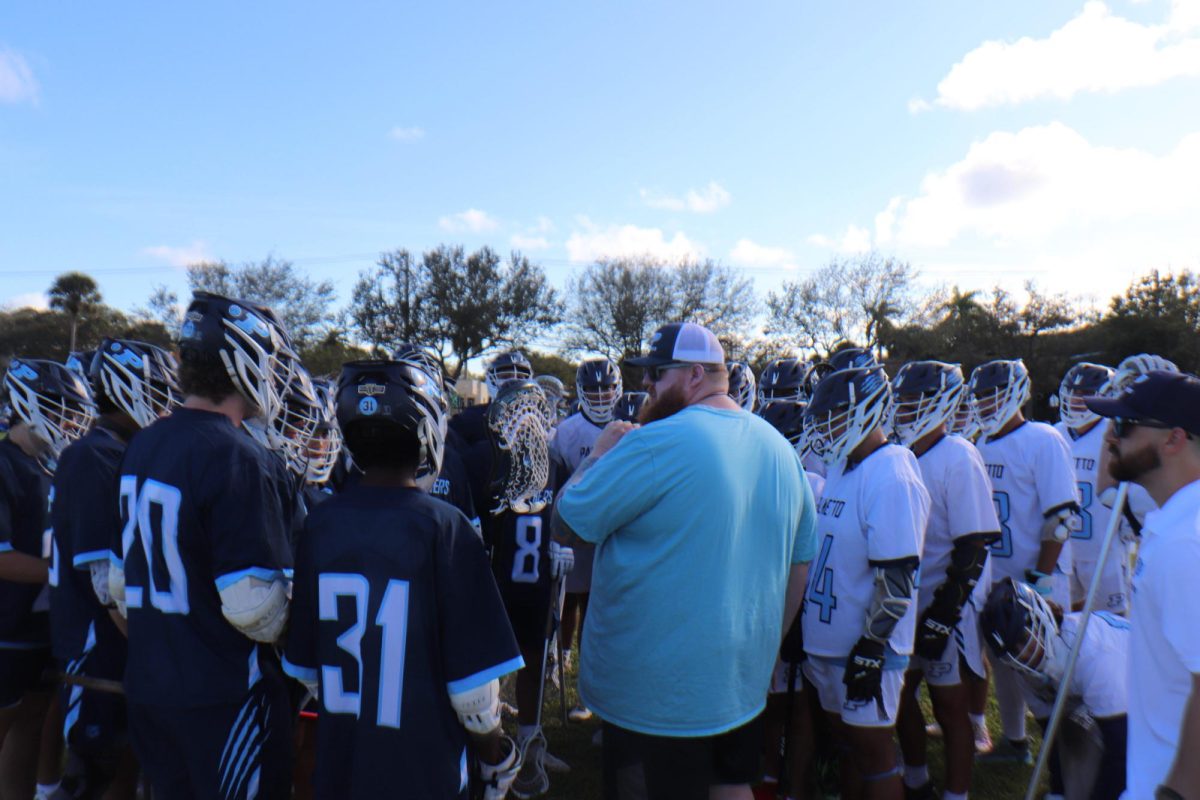U.S. Top Schools Allegedly Partake In Illegal Conspiracy To Limit Student Financial Aid
January 12, 2022
Colleges around the United States are currently being sued for antitrust violations related to their ability to decide which students receive financial aid, including top schools like Yale, Georgetown and Northwestern University.
Late this Sunday at an Illinois federal court, law firms filed a lawsuit representing five current students attending these universities. The complaint file indicated that these schools had participated in a price-fixing cartel designed to lower, and potentially eliminate, financial aid as a point of competition. The lawsuit calls for class-action status to fully cover any U.S. citizen who paid tuition or room at any of the universities.
The core of the suit connects to part of the 1994 federal education law called “Section 568.” This law allows universities to collaborate on financial aid situations if they do not consider the student’s financial needs during the admission process. The lawsuit also mentions a framework called the “consensus methodology,” used in an admissions group called the 568 President Group. This body aims to reduce price competition among its members.
This lawsuit alleges nine schools including Columbia, Dartmouth, Duke, Georgetown, the Massachusetts Institute of Technology, Northwestern, Notre Dame, the University of Pennsylvania and Vanderbilt. The lawsuit mentions how these schools have made admissions decisions while simultaneously considering students’ financial situations, further displaying the disadvantages of those students who may need financial aid in order to attend a top-ranking university.
Sometime this week the Supreme Court is expected to release more information pertaining to the lawsuit.










